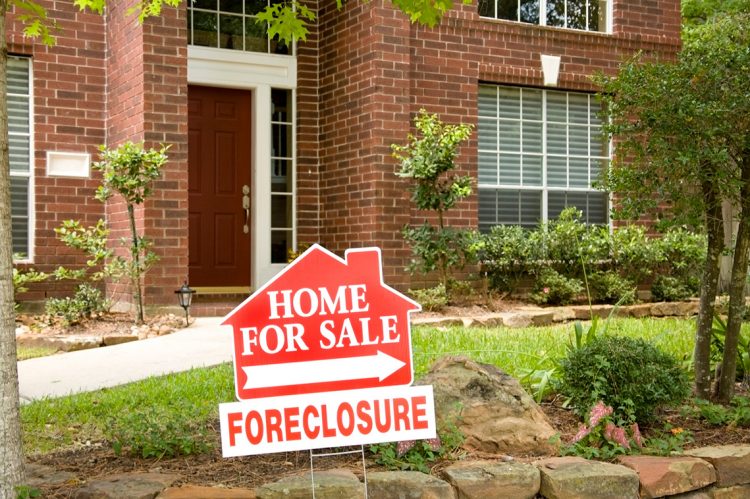Foreclosures remain a rare occurrence in the U.S, however many Americans fear this possibility, as observed by a new report from LendingTree released this week.
According to LendingTree’s foreclosure report, most American adults are neither living in households behind on their mortgage payments nor are they facing the threat of foreclosure in the near future. However, nearly 1 million nationwide fear losing their home to foreclosure in the next two months.
The report states that foreclosure rates have increased since 2021, due largely to the end of pandemic-era foreclosure moratoriums, but they’re still slightly lower than in 2019. Fewer than 1% of all adults in owner-occupied households across the U.S. report that they’re at risk of losing their home to foreclosure in the next two months.
Key highlights:
- Only 3.71% of adults living in owner-occupied housing units aren’t caught up on their mortgage payments, while 60.43% are caught up on their payments and 35.47% don’t need to make payments because they own their homes free and clear.
- Of those not caught up on their mortgages, 19.62% across the U.S. report being either somewhat or very likely to leave their home due to foreclosure in the next two months.
- States where the largest share of adults in households behind on mortgage payments are at risk of losing home to foreclosure include South Dakota at 71.28%, Oregon at 49.59%, and New Mexico at 45.47%.
- However, in these states an average of only 3.42% report living in households behind on their mortgage payments.
- Idaho, Kentucky and Nevada all tied at 0% of adults behind on mortgages and at risk of foreclosure, with an average of only 3.42% behind on mortgage payments.
Major takeaway:
“If the economy does enter into a more serious recession over the coming months, and the unemployment rate in the U.S. rises, then it is entirely possible that the number of people who are at risk of foreclosure could increase,” said LendingTree’s Senior Economist and report author Jacob Channel. “However, given that most current homeowners have fixed-rate mortgages — meaning their payments won’t suddenly increase — and have already proven their ability to keep up with their mortgage payments, even in the face of persistently high inflation, the number of new foreclosures is unlikely to reach Great Recession levels.”
For the full report, click here.












